Life is a great sunrise. I do not see why death should not be an even greater one
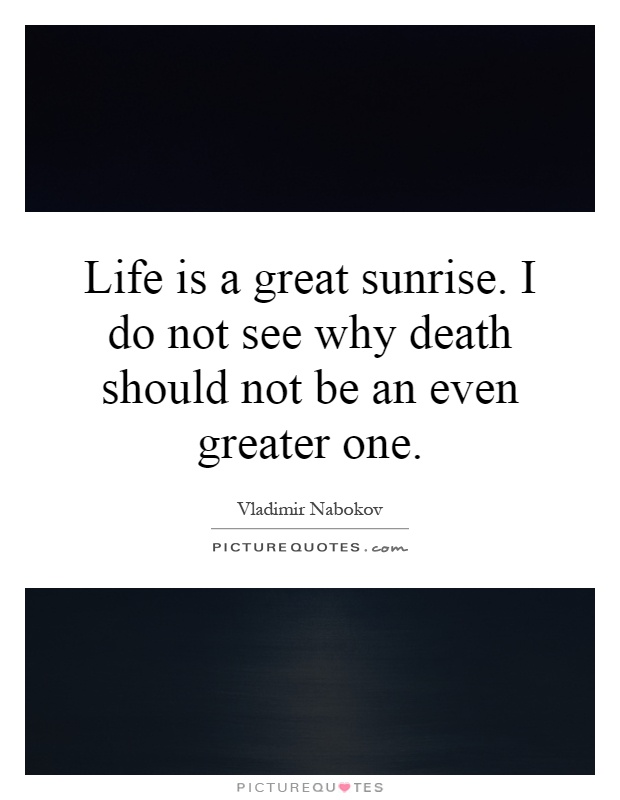
Life is a great sunrise. I do not see why death should not be an even greater one
Vladimir Nabokov, the renowned Russian-American novelist, once famously said, “Life is a great sunrise. I do not see why death should not be an even greater one.” This profound statement encapsulates Nabokov’s unique perspective on life, death, and the cyclical nature of existence.Nabokov was known for his intricate and complex narratives, often exploring themes of memory, identity, and the passage of time. In his novels, he delved into the intricacies of human experience, capturing the beauty and tragedy of life in all its complexity. His words on life and death reflect his deep understanding of the human condition and his belief in the transformative power of both life and death.
For Nabokov, life was a precious gift, a fleeting moment of beauty and wonder that should be cherished and celebrated. The sunrise, with its promise of a new day and new beginnings, symbolized the endless possibilities that life has to offer. In Nabokov’s eyes, life was a journey filled with joy, sorrow, love, and loss, a journey that ultimately led to death, the final sunrise.
But for Nabokov, death was not an end, but a new beginning, a greater sunrise that marked the transition from one existence to another. He saw death as a natural part of the cycle of life, a necessary step in the journey of the soul. In his view, death was not something to be feared or avoided, but embraced as a part of the larger tapestry of existence.
Nabokov’s words on life and death resonate with a sense of acceptance and peace, a recognition of the inevitability of death and the beauty that lies beyond it. His philosophy on life and death is a reminder to live fully, to embrace each moment with gratitude and appreciation, knowing that death is not the end, but a new beginning, a greater sunrise waiting to be discovered.
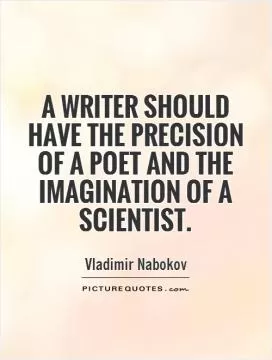

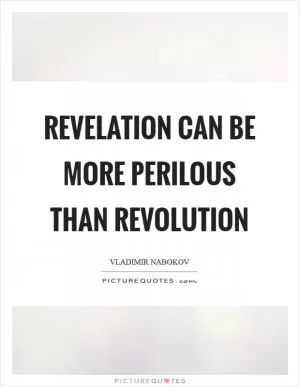


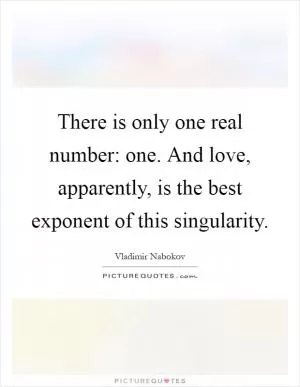
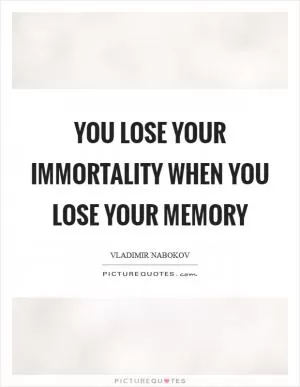
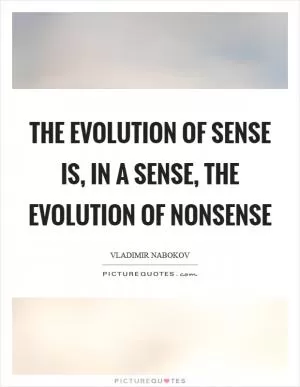
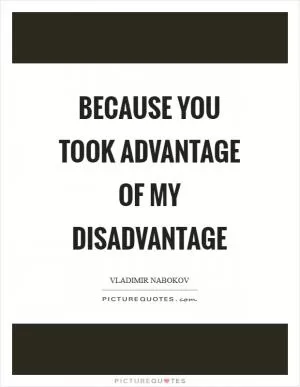
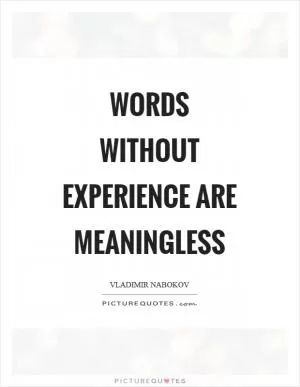
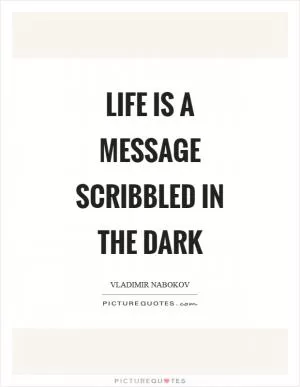
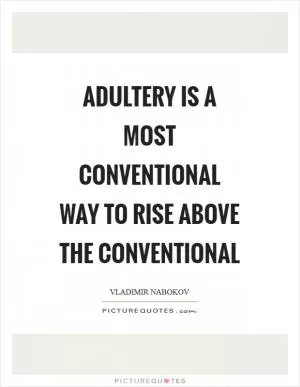
 Friendship Quotes
Friendship Quotes Love Quotes
Love Quotes Life Quotes
Life Quotes Funny Quotes
Funny Quotes Motivational Quotes
Motivational Quotes Inspirational Quotes
Inspirational Quotes